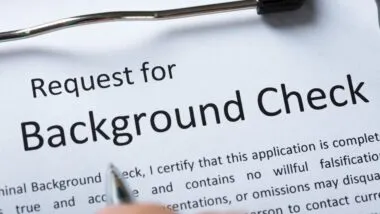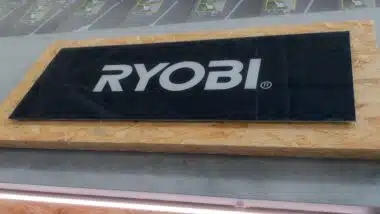
The amount of card information that’s revealed on printed credit card receipts can put a consumer in a position to file a FACTA lawsuit.
The content displayed on printed credit card receipts is governed by the federal Fair and Accurate Credit Transactions Act, or FACTA.
This 2003 law is actually a bundle of amendments to the older Fair Credit Reporting Act. It incorporates several different protections related to consumer credit, designed to protect consumers in an age of increasingly fluid consumer credit information.
These protections include the right for consumers to get one free copy of their credit report per year from each of the three major reporting bureaus. FACTA also set up a “red flags” system requiring institutions that handle consumer credit information to watch for signs of credit fraud.
Protecting Information on Printed Credit Card Receipts
One of the protections in FACTA addresses how much information may appear on printed credit card receipts. This rule, sometimes referred to as the truncation requirement, restricts the amount of card information so that the receipt can’t be used for credit fraud or identity theft.
Under the truncation requirement, electronically printed credit or debit card receipts given to the customer at the point of sale may show no more than the last five digits of the card number. They must also not reveal any part of the card’s expiration date.
The truncation requirement applies only to electronically printed receipts. Receipts written out by hand or printed using a physical imprint of the card are exempt from these requirements.
FACTA puts enforcement of the truncation requirement in consumer’s hands. Persons who have received a noncompliant credit or debit card receipt have the option of bringing a civil FACTA lawsuit in federal court.
Not all FACTA plaintiffs may be able to show they were actually harmed because of the noncompliant receipt. It’s not always easy to prove that actual identity theft has occurred, or to reliably quantify damages when it does occur.
But then, plaintiffs may not have to prove actual harm. For FACTA violations that the plaintiff can show were knowing or willful, FACTA provides for statutory damages of up to $1,000 per violation. That could mean $1,000 per plaintiff, per noncompliant receipt.
There’s a good chance that damages like that may be multiplied by a large number of potential plaintiffs. If a merchant prints one FACTA-noncompliant receipt, it’s likely also printing hundreds or thousands more noncompliant receipts.
Multiply statutory damage amounts by the number of potential Class Members privy to a FACTA class action lawsuit, and the amount of money at issue can be enormous.
Needless to say, companies who fail to issue compliant printed credit card receipts have sometimes gotten themselves in some very hot water. FACTA class action lawsuits against some major retailers have alleged potential damages reaching into the billions of dollars.
Free FACTA Class Action Lawsuit Investigation
If you made one or more purchases and the retailer provided you with a receipt that contained more than the last five digits of your credit or debit card number or the expiration date, you may be eligible for a free class action lawsuit investigation and to pursue compensation for these FACTA violations.
ATTORNEY ADVERTISING
Top Class Actions is a Proud Member of the American Bar Association
LEGAL INFORMATION IS NOT LEGAL ADVICE
Top Class Actions Legal Statement
©2008 – 2025 Top Class Actions® LLC
Various Trademarks held by their respective owners
This website is not intended for viewing or usage by European Union citizens.














